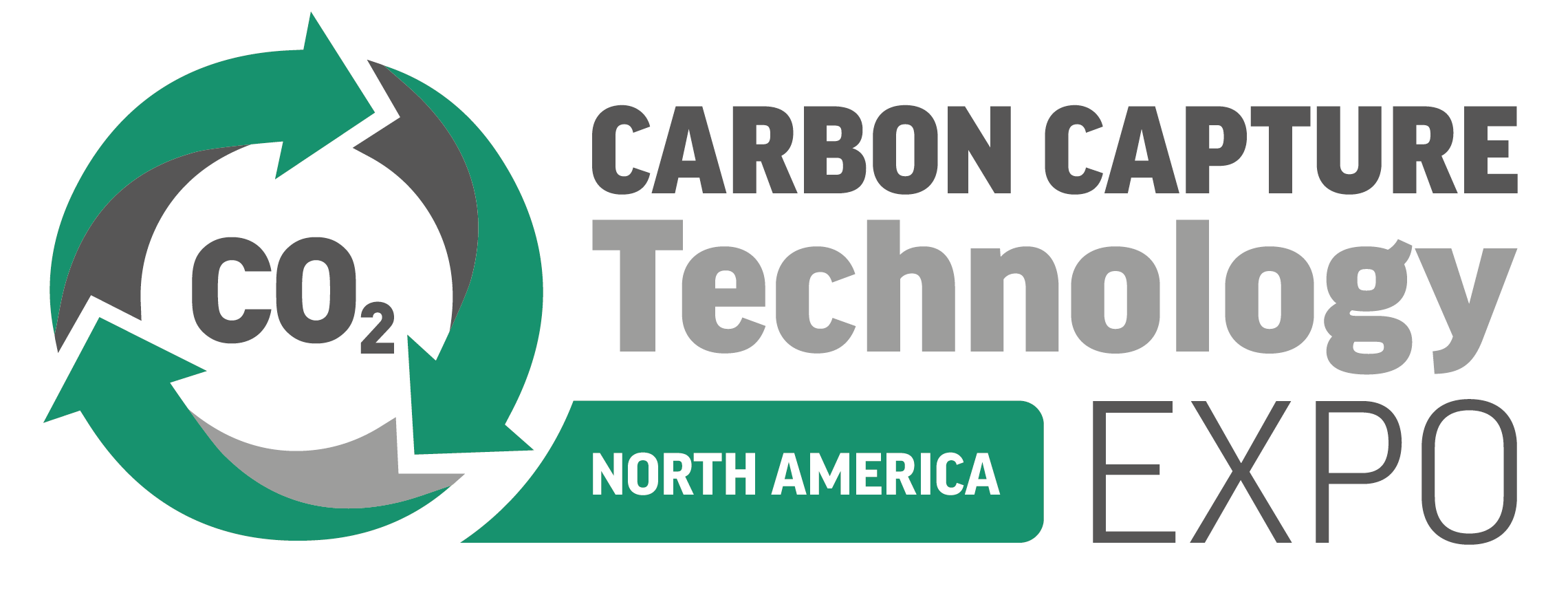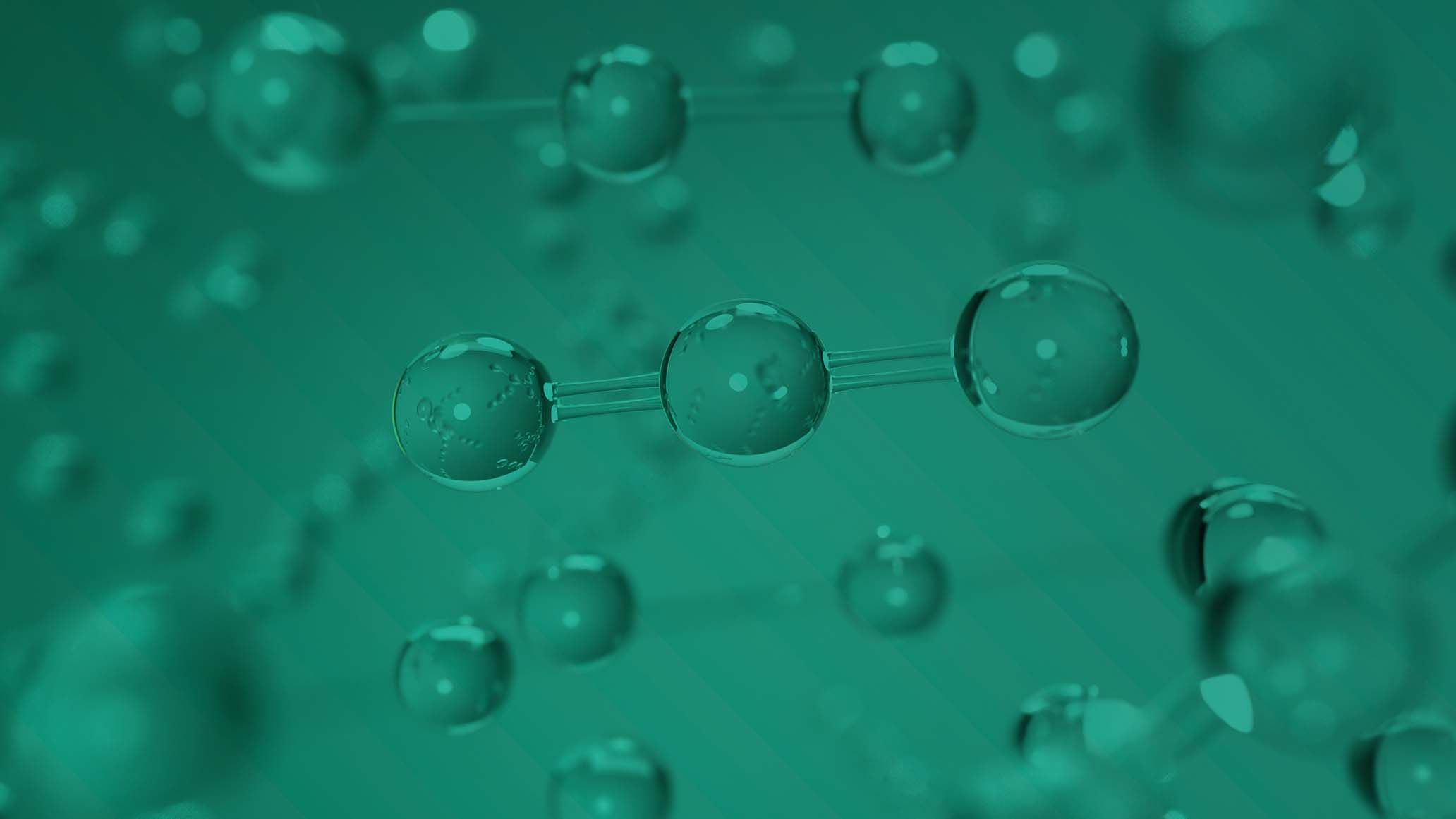First time production of ‘clean hydrogen’ through carbon capture is achieved in the UK
)
The Biorenewables Development Centre, which is based at the University of York, is the first organisation to lead a project which successfully used a biological process to produce hydrogen at scale. Not only was the project able to produce hydrogen at scale, but it was also able to simultaneously capture carbon dioxide.
The H2Boost project is an initiative which is taking place under the Department for Energy Security and Net Zero's Hydrogen BECCS Innovation Programm. The aim behind the H2Boost project is to create a commercially viable and sustainable process, which can be used for producing biohydrogen from organic waste.
Once the initial stage of the project is complete, the next step involves the system capturing and reusing all by-products. This means that the waste material generates extra energy when it goes through anaerobic digestion; cultivated algae and bacteria capture carbon emissions. Doing this means that throughout the process, which is the production of hydrogen, nothing goes to waste.
So far, it has been predicted that the new technologies which are now in use, could become an important part of decarbonising the UK’s transport sector. This is because currently low-carbon hydrogen technologies are expected to be able to provide a maximum of 35% of the UK’s energy requirements by 2050.
As the project, which is in partnership with the University of Leeds progresses, it continues to highlight how important and useful it is, through the way it uses a unique process to transform every day waste into clean hydrogen. This unique process is called dark fermentation and this particular process operates through converting pre-treated organic waste into biohydrogen. It is through this innovative process that the project has brought about, that it has also earned funding from the government’s £1 billion Net Zero Innovation Portfolio (NZIP).
Programme Operations Manager at the Biorenewables Development Centre, Penny Cunningham, stated that, ‘the production represents a “significant technical breakthrough.”’
Cunningham continued, “Our novel approach to producing clean hydrogen from waste while removing CO2 is not only technically feasible but also holds significant promise for large-scale sustainable energy solutions in the future.”



)
)
)
)
)
)
)



)
)
)
)
)
)
)
)
)
)
)
)
)
)
)
)
)
)
)
)
)
)

)

)
)
)

)
)
)
)
)
)
)
)
)
)
)

)

)
)
)
)
)
)
)
)
)
)


)
)
)

)
)
)

)
)
)
)
)

